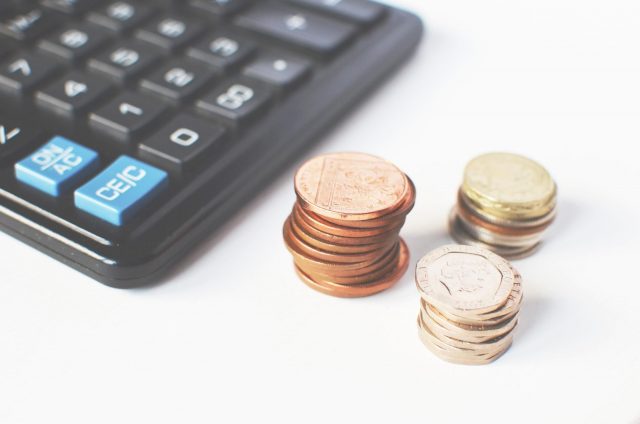There is no doubt that excessive debt can impact every area of your life. When debt reaches a certain point, it is not just a financial issue anymore; it can negatively affect your relationships, work, family and even your health. Once a person’s debt reaches this level, any realistic solution would be a welcome one.
Some people in these situations are forced down the path of bankruptcy, but there are several options that should be explored before that is the case. Perhaps the most effective solution in such scenarios is some form of debt consolidation. When done correctly, debt consolidation can provide a realistic, responsible solution to the problem of crippling debt, and it can help you again find a level of financial freedom.
1. Understanding Debt Consolidation
While there are multiple options and techniques available, the basic concept behind debt consolidation is quite simple. In its simplest form, debt consolidation refers to the process of taking out one large loan in order to pay off all of your current debts. Ideally, this new loan will be at a low interest rate, and it essentially rolls all of your debts into one.
2. Choosing the Right Consolidation Loan
While all debt consolidation sticks to that basic concept, the actual types of loans vary greatly. Depending upon the current state of your credit, you may have many options available. If your credit has not been damaged too severely, you may be able to do a balance transfer and put all of your current debts onto a credit card with a lower (or even zero) introductory interest rate.
Homeowners have the option of taking out a home equity loan and paying off debt with it. While this comes with some obvious risk, it can be an attractive option in many cases. Those with bad credit may have less options, but there are many legitimate debt consolidation companies for people with bad credit that provide great solutions.
3. Making a Plan
What trips up most people in debt consolidation is not the method or company with which they get the loan, it is their own lack of responsible financial planning. You have to go into debt consolidation determined to change the behaviors and spending patterns that allowed the situation to get to its current state.
One of the key areas to focus on when creating a plan is sorting out your mortgage payments. You can consider reverse mortgage rates to save on fees over time and get a better handle on your debt and improve your credit as well.
Many debt consolidation companies will offer financial advisors as part of the service, or you could make a plan with your own financial advisor.
4. Being Proactive With Credit Repair
For most people with debt problems, credit damage is included in the process. While you may feel jaded or turned off by the whole concept of credit at the beginning of your consolidation process, you will inevitably need it again at some point.
This is why it is important that credit repair is included in your financial plan. If you are unfamiliar with how to improve your credit after significant damage, there are many services available. Read online reviews for legitimate companies that repair credit in order to find the best one that will have your best interests at heart.
5. Changing Your Future
Perhaps the most important aspect of effective debt consolidation is what you do once the debts are paid off. If you immediately run up the credit cards once the balance is back to zero, you will only end up in the same situation again. Changing your financial future for the better involves changing your financial habits now.
Understanding consolidation, choosing the right type of loan, making a plan and proactively repairing your credit are only the first steps. Effective debt consolidation can only put you in position to succeed, but you have to make the changes for yourself.
Find a Home-Based Business to Start-Up >>> Hundreds of Business Listings.


















































